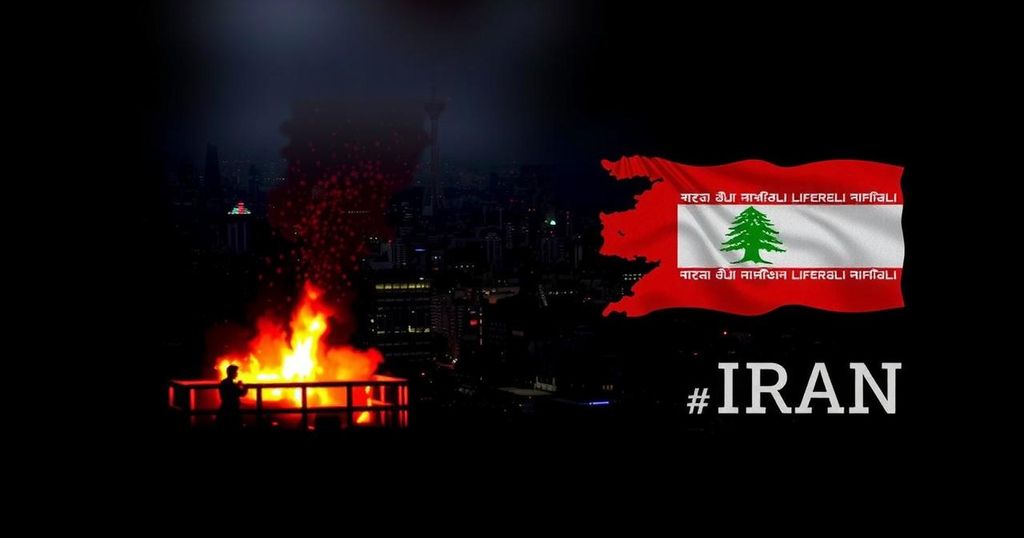Cease-Fire in Lebanon: Implications for Gaza and Iranian Nuclear Ambitions Awaiting Future Leadership

Following a hard-won cease-fire in Lebanon, challenges to peace in the Middle East remain, particularly in Gaza and due to Iran’s nuclear ambitions. President Biden expressed hope that this cease-fire might lead to more extensive peace efforts, yet significant obstacles—including tensions between Israel and Hamas and Iran’s continued uranium enrichment—persist, requiring attention from future leaders like Donald Trump.
The recent cease-fire in Lebanon has been celebrated as a significant achievement; however, it does not guarantee broader peace in the Middle East. President Biden highlighted that this cease-fire could serve as a catalyst for reducing conflict in the region, yet the reality remains complex. The tensions between Israel and Hamas continue to thwart prospects for a cease-fire in Gaza, complicated further by Iran’s ambitions and regional dynamics.
Both Israel and Iran had strategic motivations to agree to the cease-fire in Lebanon, with Hezbollah facing severe constraints, yet peace remains elusive in other areas. The aspiration for Palestinian statehood persists among key regional players, including Saudi Arabia, even as the situation appears increasingly bleak. Notably, the ongoing Iranian nuclear development raises significant concerns, overshadowing any diplomatic advancements in the region.
In addressing the reasons for the cease-fire, Israeli Prime Minister Benjamin Netanyahu emphasized the importance of addressing the Iranian threat, indicating a primary focus for future administrations. It is anticipated that this issue will demand urgent attention from Donald J. Trump as he re-engages with Middle East diplomacy, particularly concerning Iran’s nuclear capabilities and its implications for Israeli security. The continuing enrichment of uranium by Iran has put time pressure on negotiations for a new nuclear agreement, making this a critical issue for regional stability.
The current geopolitical landscape in the Middle East is heavily influenced by the interplay between Israel, Iran, and various regional actors, especially amidst ongoing conflicts such as the one in Gaza. The cease-fire in Lebanon, while a temporary relief, has not transformed existing hostilities into lasting peace. The overarching concern remains the Iranian nuclear program, which represents a significant threat to Israel and complicates any potential dialogues aimed at regional peace.
In summary, while the cease-fire in Lebanon marks a temporary respite from violence, it does not resolve the deeper, more complex issues facing the Middle East. The interactions between Israel, Hamas, and Iran will likely dominate the agenda moving forward, especially under future leadership. The ongoing nuclear ambitions of Iran represent a pressing challenge that must be addressed to foster any prospect of enduring peace in the region.
Original Source: www.nytimes.com








